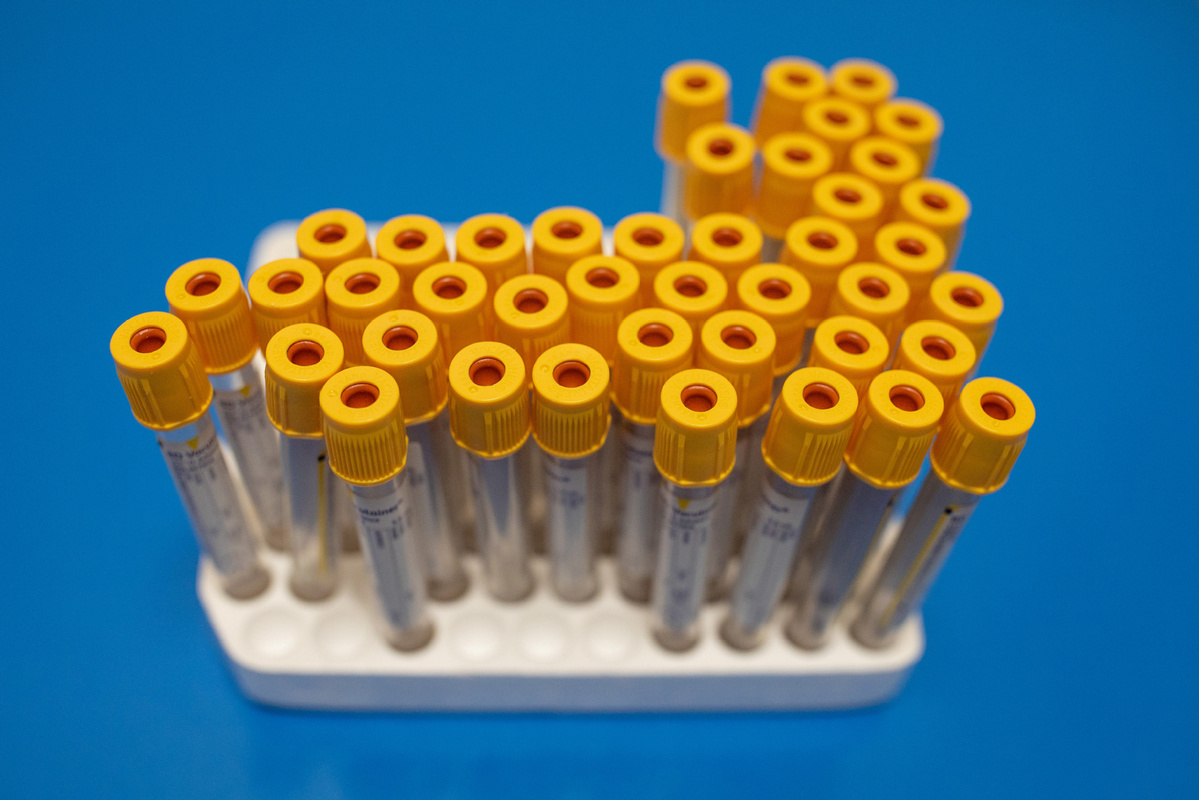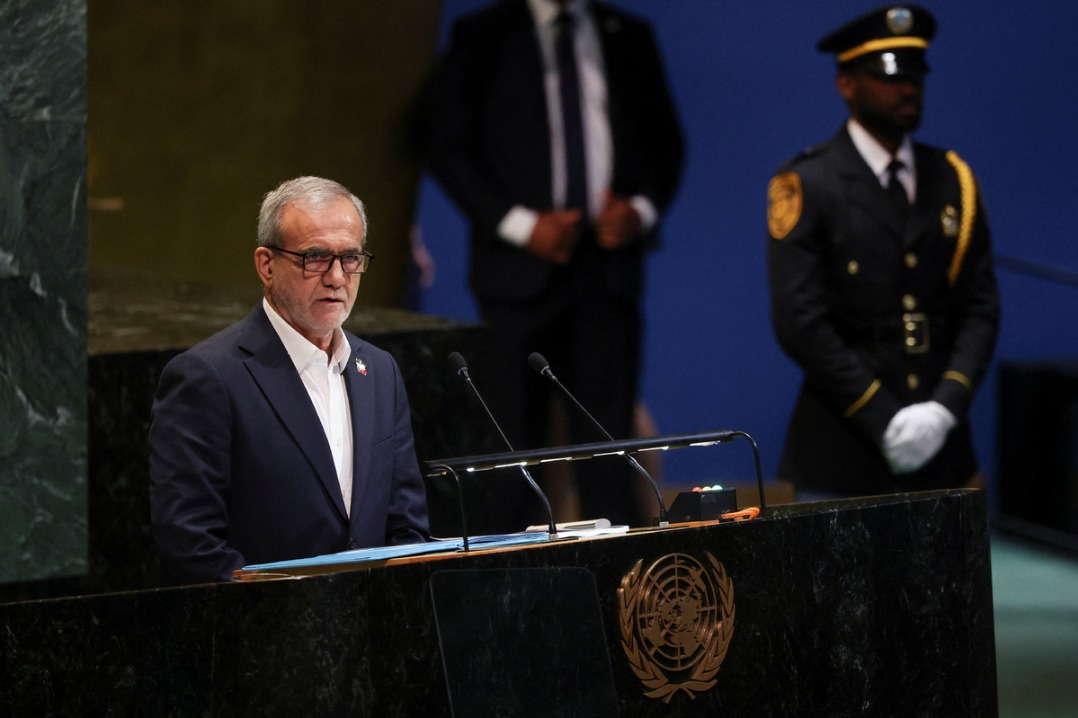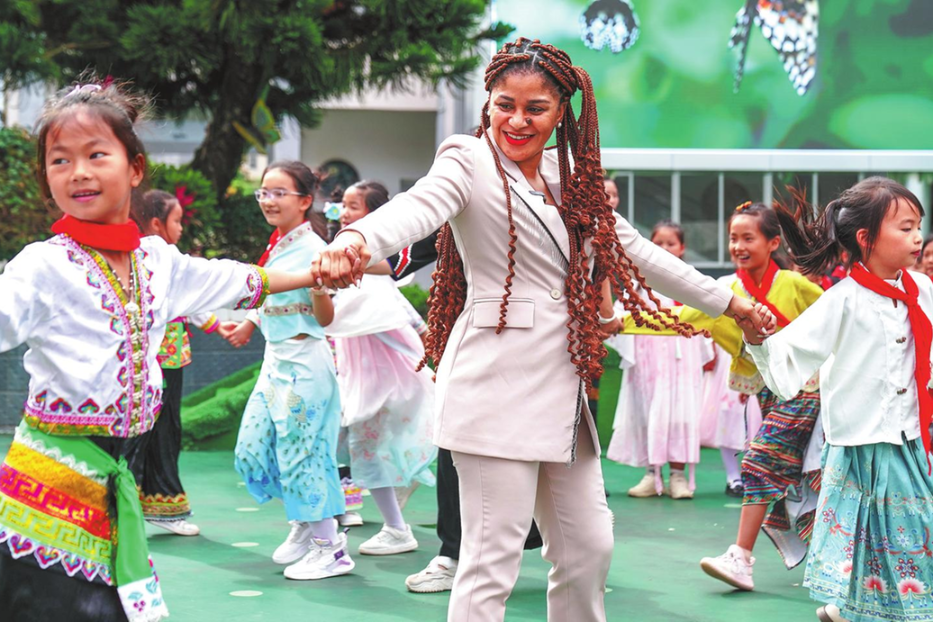COVID-19 antibodies more common


Research by Imperial College London has revealed that one person in seven in England has developed antibodies against COVID-19, and the increasing spread of the vaccination program is further building up people's resistance to the virus.
The study was carried out at the end of January and in early February, shortly after the peak of the second wave of infection. Out of more than 154,000 blood samples tested, 13.9 percent had antibodies.
"We know that antibodies are important markers of previous infection and can also help to indicate whether people are responding to a vaccine," said Graham Cooke, professor of Infectious Diseases at Imperial. "But we need more work to better understand the link between having antibodies and the impact on severe disease and transmission of infection."
Among people aged over 80, who were among the first to receive the vaccination, 88 percent showed antibodies following two doses of the Pfizer-BioNTech vaccine. Among younger groups, the figure was even higher; 96 percent for those under the age of 60, and 100 percent of people aged under 30.
"Overall there's very high effectiveness in terms of antibody positivity from two doses of the BioNTech, and also from a single dose in people who have had prior infection, that much we know," said the director of Imperial's React program, Paul Elliott.
"And also, although there is some fall off in positivity with age, at all ages we get that very good response to two doses of the vaccine.
"In terms of the confidence in the vaccine, it's very, very high, although there are some groups where it's a bit low, and that includes some ethnic minority groups and some younger people.
"Tracking antibodies in England's population will help guide ongoing public health measures designed to protect people and may also have implications for vaccination strategies.
"With the current pace and uptake of vaccination, which is very encouraging, we expect to see rates of antibodies climb across the population."
The study also revealed details of levels of public trust in the effectiveness of vaccines. Of those questioned, 92 percent said they had either accepted or would accept a vaccine, but among people of black ethnicity, the figure was just 72.5 percent, and among the 18-29 age group, the figure was 83 percent.
"I urge anyone who has been invited for a vaccine to book an appointment," said Health Secretary Matt Hancock.
"While we are seeing rates of the virus gradually decline it is important we all hold our resolve and follow the rules as we deliver on our cautious but irreversible approach to easing lockdown."
































